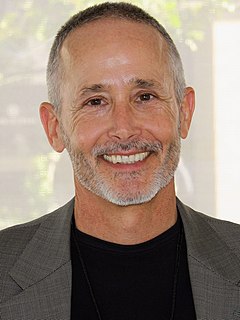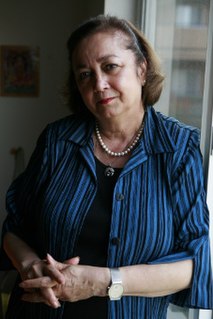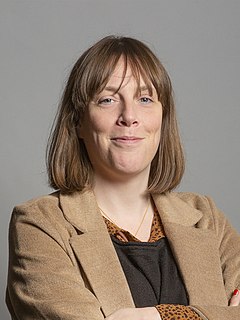A Quote by Gore Vidal
I find in most novels no imagination at all. They seem to think the highest form of the novel is to write about marriage, because that's the most important thing there is for middle-class people.
Related Quotes
Not write what you know, but know what you write. If you write about a world before, after, or other than this one, enter that world completely. Search it to find your deepest longings and most terrible fears. Let imagination carry you as far as it may, as long as you recount the voyage with excitement and wonder. But this is the most important rule: write the book you most long to read.
I think the most important thing is just to write. It sounds so simple, but sometimes it's not. You can get so distracted - -by having to work other jobs, or what other people have to say about your writing - -but the one thing that really matters is that you just keep going, especially when you're working on a novel. It's so easy to get discouraged and give up.
I, myself, write to change my life, to make it come out the way I want it to. But other people write for other reasons: to see more closely what it is they are thinking about, what they may be afraid of. Sometimes writers write to solve a problem, to answer their own question. All these reasons are good reasons. And that is the most important thing I'll ever tell you. Maybe it is the most important thing you'll ever hear. Ever.
Because I sometimes shopped in Waitrose, I thought I was actually quite posh. I've realised that I'm basically a scullery maid. Even the middle-class people who I meet in parliament, people who live in London - which I think is remarkable because how can anybody afford to live there - seem much, much more middle class than me.
I've been thinking a lot about why it was so important to me to do The Idiot as a novel, and not a memoir. One reason is the great love of novels that I keep droning on about. I've always loved reading novels. I've wanted to write novels since I was little. I started my first novel when I was seven.I don't have the same connection to memoir or nonfiction or essays. Writing nonfiction makes me feel a little bit as if I'm producing a product I don't consume - it's a really alienating feeling.





































